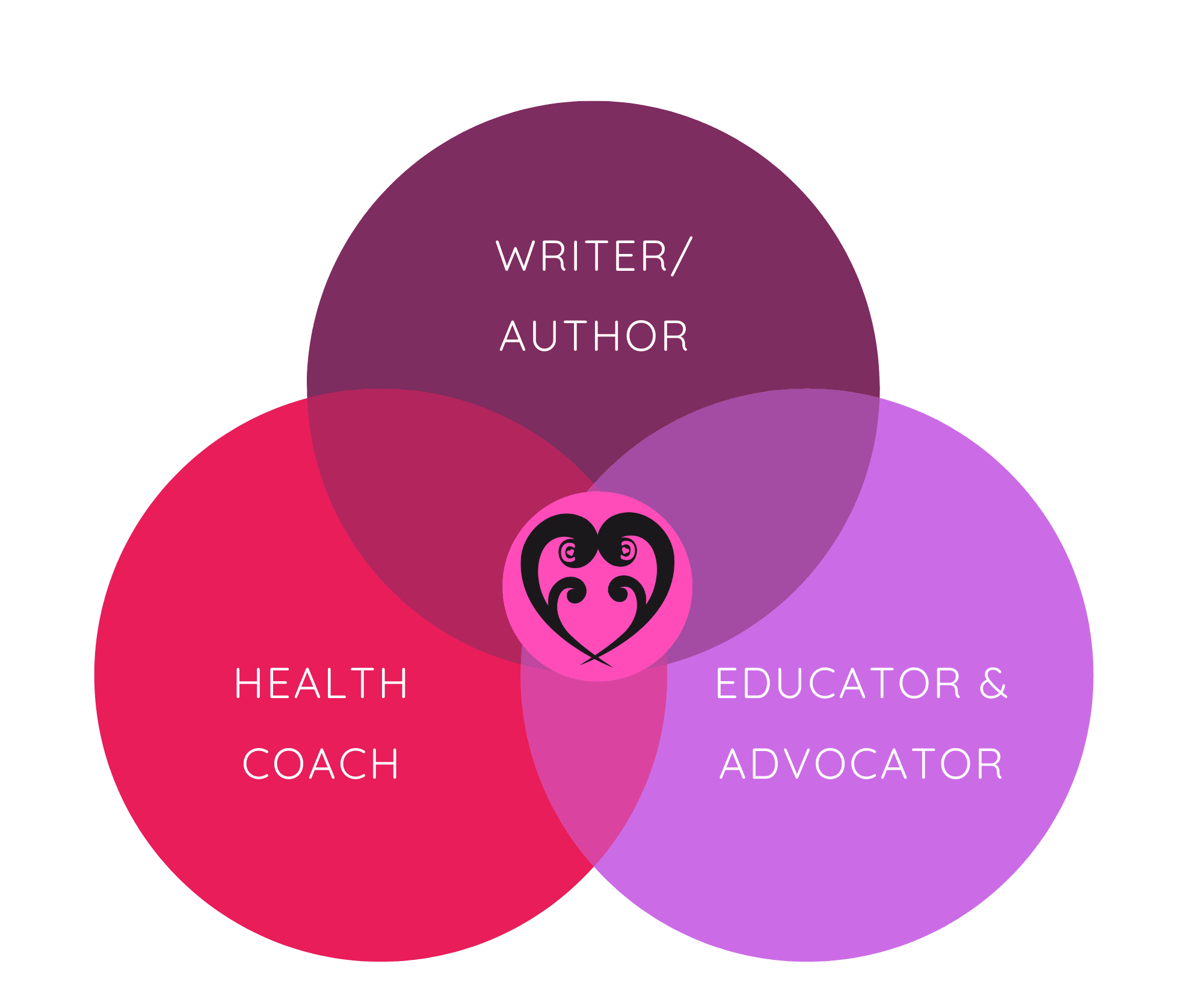There is no single known cause for CFS although it often co-occurs with POTS postural orthostatic tachycardia syndrome Nutritional, immunological, autonomic and endocrine factors have all been implicated. Current treatments address the presenting symptoms with the goal of improving sleep quality, regulating circadian rhythms, ensuring adequate nutrition, balancing hormones, reducing inflammation, managing stress and lifestyle factors, disease adaptation Video by Dr. Dawn Elise Snipes on integrative behavioral health approaches including counseling techniques and skills for improving mental health and reducing mental illness.
CFS/Covid?
Recently I saw some headlines that drew a parallel between long covid and chronic fatigue, essentially calling them the same condition. On one hand, this makes complete sense to me – chronic fatigue syndrome (CFS) has been associated as a consequence of, or triggered by, viruses and other illnesses, such as glandular fever (other suggested causes include extreme stress and possibly genetics). On the other, why does it take covid to highlight this crippling condition that is often misunderstood and minimised?
The article I read also said perhaps this parallel might draw some attention and funding to sufferers, and I know campaigners have long been trying to get Myalgic Encephalomyelitis/Chronic Fatigue Syndrome (ME/CFS) categorised as a disability. This would enable people to access funded support for home help, loss of income and medical care.
ME/CFS is crippling. Sufferers can no longer do even the most basic of tasks, because of a debilitating fatigue that makes movement difficult, sometimes accompanied by pain. At least one in four sufferers is bed bound during their worst episodes, often for weeks and months on end. They struggle to keep up with laundry and basic house work, get to work, even have a shower. On better days, they can get to the supermarket, the children’s sports, but the fall out will involve several days in bed. Great periods of weeks and even months resemble an almost “normal” life, but a relapse will set the sufferer back on bedrest in a frustrating cycle.
I’ve found it can be hard to get medical professionals to recognise that ME/CFS is even a condition, although this seems to be improving slowly. Recognition that maintaining a regular job is extremely difficult is not yet recognised by our health or welfare systems in Aotearoa, leaving sufferers battling with regular doctor & WINZ appointments or relying on their spouses, or finding work that is flexible and understanding, such as a small side hustle, casual or part time hours.
It really doesn’t feel good enough, but lets hope that as long covid becomes talked about and the link between that and CFS symptoms align, the NZ Govt can be persuaded to support the sufferers who were contributing, high functioning performers in society until they were crippled to bedrest.


